What treatment
10+ Highly Rated Egg Donation Clinics in Spain
Reach Out to These Certified Egg Donation Clinics List in Spain Loved by Patients!
UR Vistahermosa - Fertility Clinic in Spain
Overview
UR Vistahermosa in Alicante is a leading fertility clinic offering personalized treatments with advanced technology and expert care in a modern, welcoming hospital environment.
Read more details
Unidad de Reproduccion Centro Gutenberg
Overview
Unidad de Reproduccion Centro Gutenberg is located in Malaga, Spain and offers a wide range of affordable, top notch Fertility and Artificial Insemination services, such as: in vitro fertilization, egg donation, fertility preservation, and many more. With a renowned team of dedicated medical specialists, the medical center welcomes both local and international patients.
Read more detailsBarnaclinicPlus | Group Hospital Clinic
The Hospital Clínic of Barcelona is the best hospital in Barcelona Spain that provides the dental care treatment, cosmetic surgery, organs transplant and fertility treatment.
Aurora-Georgia - Surrogacy in Tbilisi
Overview
Welcome to the International Surrogacy and Egg donation Agency Aurora-Georgia, we are genuinely committed to the main aim - the birth of a long-awaited child!
Read more details
Discover your treatment options with a free, no-obligation quote!
Get your quote now!Best Fertility Clinic - SAKALLI IVF
Overview
SAKALLI IVF offers top fertility treatments in Nicosia, Cyprus, including IVF, ICSI, egg & sperm donation, and freezing services.
Read more details
Global Leader Clinic, World Center of Baby - From Hope to Home — Surrogacy for Everyone
Overview
World Center Of Baby - Dedicated to making parenthood possible. Different countries, All possibility, We make the dream of becoming parents a reality.
Read more details
InvitroLife - Best IVF Clinic in Georgia
Overview
Experience the Best IVF Clinic in Georgia. InvitroLife offers high success rates with advanced IVF, ICSI, PGT-A, surrogacy & egg donation programs.
Read more details
Top IVF Center - European Fertility Clinic
Overview
Discover superior IVF treatments in Tbilisi, Georgia at European Fertility Clinic. Trusted expertise for your fertility journey. Book now at PlacidWay!
Read more details
Discover your treatment options with a free, no-obligation quote!
Get your quote now!Memorial Hospital Group
Overview
Memorial, with 12 hospitals & 8000+ staffs, treats over 85,000 patients from 170 countries. As Turkeys first JCI-accredited hospital, we set the gold standard for international medical care.
Read more detailsADONIS Medical Group of Companies
Overview
Fertility Treatment in Kyiv Ukraine by ADONIS Medical Group of Companies provides the best service to address reproductive health problems experienced by patients.
Read more detailsBabydust Clinic
Overview
Explore advanced IVF treatments at Babydust Clinic, a premier IVF clinic in Athens, Greece. Discover personalized care for your journey to parenthood.
Read more detailsBMP Fertility
Overview
BMP International IVF Clinic in Baku, Azerbaijan provides advanced IVF treatments. They also offer egg freezing, egg, sperm, and embryo donation, as well as gender selection. Start your fertility journey today!
Read more detailsChachava Clinic Reproductive Health Center
Overview
Discover premier IVF treatments & surrogacy programs in Tbilisi, Georgia at Chachava Clinic Reproductive Health Center. Experience excellence in fertility care.
Read more detailsCyprus IVF Hospital
Overview
Cyprus IVF Hospital is a leading fertility clinic in Famagusta, Cyprus. Offering IVF, Egg Donation, Gender Selection, etc. Read verified patient reviews.
Read more detailsEmbryolab Fertility Center
Overview
Embryolab Fertility Center in Greece offers advanced IVF and assisted reproductive care with personalized treatment plans and top clinical expertise.
Read more detailsEmsey Hospital
Overview
Emsey Hospital is the Best Hospital in Istanbul Turkey that has won JCI International Accreditation, and has the most complete medical facilities and experienced medical staff.
Read more detailsEuroIVF Fertility Clinic Cyprus
Overview
EuroIVF in Kyrenia is the best gender selection clinic in Cyprus, providing expert care and advanced technology to help you achieve your family planning goals with confidence.
Read more detailsIAKENTRO IVF & GENETICS Center
Overview
IAKENTRO provides advanced IVF treatments in Thessaloniki, Greece to help patients become parents. Certified doctors & state-of-the-art facilities.
Read more detailsInstitute of Life
Overview
Institute of Life is a leading fertility clinic in Athens, Greece. Offering IVF, ICSI, IUI, Freezing Sperm, Freezing Embryos, Blastocyst Transfer and many more treatments and procedures, many future parents are accessing their fertility treatments to make their first step towards fulfilling a dream of new family life.
Read more detailsInstitute of Reproductive Medicine DAKHNO - IVF Clinic Ukraine
Overview
Explore IVF treatment at the Institute of Reproductive Medicine DAKHNO in Ukraine. Trusted fertility clinic offering IVF, donor programs, and reproductive care.
Read more detailsWhich are the top-rated Egg Donation clinics in Spain?
Based on patient feedback and comprehensive services, top-rated egg donation clinics in Spain include UR Vistahermosa in Alicante and Unidad de Reproduccion Centro Gutenberg in Malaga. These facilities are recognized for their advanced fertility treatments, patient support, and high patient recommendation rates, ensuring a supportive journey for individuals seeking egg donation services.
When considering the best egg donation clinics in Spain, prospective patients often look for facilities that combine cutting-edge technology with compassionate care and strong track records. The provided data highlights two clinics as particularly notable for their egg donation programs:
- UR Vistahermosa - Fertility Clinic in Spain (Alicante): This clinic stands out with a 90.91% patient recommendation rate from 11 reviews, indicating a high level of patient satisfaction. They are known for personalized treatments, advanced technology, and a modern hospital environment, offering a comprehensive approach to fertility and egg donation.
- Unidad de Reproduccion Centro Gutenberg (Malaga): Achieving a 100% patient recommendation rate from 5 reviews, this center in Malaga is highly regarded. They offer a wide range of fertility and artificial insemination services, including egg donation, with a team of dedicated medical specialists.
Other highly reputable centers across Spain, like BarnaclinicPlus in Barcelona, also provide extensive fertility and egg donation treatments within a larger hospital group context, though specific patient reviews weren't highlighted in the same format. When selecting an egg donation clinic, it's essential to consider factors like the clinic’s specialization, approach to patient care, and overall patient experiences to ensure it aligns with your personal needs and expectations.
How do Spanish clinics match egg donors to recipients?
Spanish fertility clinics employ a detailed matching process focusing on phenotypic characteristics and blood type compatibility to select egg donors for recipients. The medical team carefully considers physical traits like race, hair and eye color, and skin tone to ensure the resulting child shares a resemblance with the intended parents, adhering to strict anonymity laws.
The core objective of the donor matching process in Spain is to facilitate a natural experience for the recipient family, even with the legal requirement of donor anonymity. Clinics do not provide photos or detailed personal profiles of donors to recipients. Instead, the clinic's specialized medical team undertakes the crucial responsibility of finding the most appropriate match.
The key steps in this clinic-led matching include:
- Phenotypic Matching: You will be asked to provide your physical characteristics (e.g., height, weight, hair color, eye color, skin tone, ethnicity). The clinic then cross-references this information with their extensive database of thoroughly screened egg donors to identify a donor who closely resembles your features. This method helps ensure a familial likeness.
- Blood Group Compatibility: Ensuring compatibility in blood types between the donor and you (and your partner, if applicable) is a standard practice. This is vital to prevent any potential Rh incompatibility issues during pregnancy that could affect the child's health.
- Genetic Compatibility Screening: Many leading egg donation clinics in Spain now integrate advanced genetic compatibility tests. This screening analyzes both the donor's and the sperm provider's DNA for hundreds of recessive genetic diseases. By identifying if both individuals carry the same recessive gene, the clinic can minimize the risk of the child inheriting a serious genetic condition, offering an added layer of reassurance.
What are the legal requirements for egg donation in Spanish fertility clinics?
Egg donation in Spain is strictly regulated by law, mandating it to be anonymous, voluntary, and altruistic. Clinics must conduct rigorous screening of donors for infectious and genetic diseases. Donors are legally required to be between 18 and 35 years old and in excellent physical and mental health, ensuring safety and ethical practice for all parties involved in the egg donation process.
Spain's comprehensive assisted reproduction legislation (Law 14/2006) provides a robust legal framework that safeguards both donors and recipients, making it a highly sought-after destination for fertility treatments, including egg donation. Clinics operating in Spain must strictly adhere to these regulations under government oversight.
Here are the fundamental legal mandates that Spanish clinics must follow for egg donation:
- Anonymity: The identity of the egg donor is strictly confidential and protected by law. This means recipients cannot know the donor's identity, and likewise, the donor will not know the identity of the recipient or any children born from the donation. This anonymity is a cornerstone of Spanish fertility law.
- Voluntary and Altruistic Nature: While egg donors receive financial compensation, this is legally considered reimbursement for the physical discomfort, travel, and time incurred during the donation process, not for the sale of eggs themselves. The act of donation is legally framed as altruistic and voluntary.
- Comprehensive Medical and Psychological Screening: All potential egg donors undergo extensive medical and psychological evaluations. This includes a full gynecological examination, blood tests for various infectious diseases (such as HIV, Hepatitis B and C, and Syphilis), and genetic screening (karyotyping). Psychological assessments ensure the donor is fully prepared and understands the implications of donation.
- Age Limits for Donors: The law stipulates that egg donors must be between 18 and 35 years old. This age range is chosen to maximize the quality and viability of the eggs and ensure the donor's well-being.
What success rates can I expect from leading egg donation clinics in Spain?
Top egg donation clinics in Spain consistently report high success rates, with per-transfer clinical pregnancy rates for a single embryo often ranging from 60-70%. Cumulative success rates can exceed 90% after several cycles. These excellent outcomes are attributed to using eggs from young, healthy donors, sophisticated laboratory techniques, and stringent quality control protocols across fertility programs.
The high success of egg donation in Spain is primarily because the quality of the egg is the most significant factor influencing pregnancy, and donors are young, fertile women. When evaluating a clinic, it's crucial to understand the specific metrics they report, as various figures can be presented.
Key metrics to consider and inquire about include:
- Clinical Pregnancy Rate per Embryo Transfer: This is a common indicator, representing the percentage of embryo transfers that result in a confirmed pregnancy via ultrasound. This figure gives you an idea of the effectiveness of a single procedure.
- Live Birth Rate: This is arguably the most important statistic, showing the percentage of transfers that lead to the birth of a living baby. This rate is naturally a bit lower than the pregnancy rate due to potential miscarriages.
- Cumulative Live Birth Rate: This metric illustrates the overall probability of achieving a live birth after a specified number of treatment cycles, often utilizing all embryos generated from one egg donation. It provides a more realistic long-term success outlook.
- Blastocyst Transfer Rate: Many leading clinics prioritize culturing embryos to the blastocyst stage (Day 5 or 6). Transferring blastocysts often leads to higher success rates because only the most robust embryos survive to this stage, improving implantation potential.
- Donor Age and Screening: The consistent use of rigorously screened, young, and healthy donors is a significant contributor to these high success rates across Spanish fertility programs.
Are there typically waiting lists for egg donation treatment in Spanish clinics?
Generally, long waiting lists for egg donation treatment are uncommon in Spain, particularly for Caucasian recipients. Many major clinics maintain extensive and diverse egg donor pools, allowing for a suitable match to be found relatively quickly, often within a few weeks to a couple of months. For recipients of less common ethnicities, the wait might be slightly longer, though still efficient compared to many other countries.
Spain's favorable legal framework for anonymous egg donation, combined with a cultural acceptance of donation, contributes to a consistent supply of young and healthy donors. This robust donor availability is a primary reason why many international patients choose Spain for their egg donation journey.
The typical timeline for starting egg donation treatment usually progresses as follows:
- Initial Consultation and Pre-screening: After selecting a clinic, your first step involves an initial consultation, often conducted remotely via video call. You will also complete necessary preliminary medical tests, which can usually be done in your home country.
- Donor Matching Phase: Once your medical information and phenotypic characteristics are assessed, the clinic begins the donor matching process. This phase is typically efficient, often taking between 2 to 8 weeks due to the large donor pool.
- Cycle Synchronization: Once a donor is identified, the clinic will work to synchronize your menstrual cycle with the donor’s cycle using hormonal medications. This ensures your uterine lining is optimally prepared for embryo transfer.
- Fertilization and Embryo Transfer: Following egg retrieval from the donor, the eggs are fertilized with sperm. The resulting embryos are then cultured for 3-5 days before the embryo transfer takes place. This final stage requires a short physical visit to the clinic in Spain.
The overall process is streamlined to minimize delays and make the patient journey as smooth as possible.
What support services do Spanish fertility clinics offer international patients?
Leading Spanish fertility clinics provide extensive support tailored for international patients, typically including a dedicated multilingual coordinator. This specialist manages everything from initial virtual consultations and travel logistics to treatment coordination with local doctors, ensuring a seamless and stress-free experience for those traveling for egg donation.
Understanding that seeking medical treatment abroad can be complex, Spanish clinics have developed robust international patient departments. These teams are equipped to bridge geographical and linguistic gaps, allowing patients to focus on their treatment without added logistical burdens.
Standard support services for international egg donation patients often include:
- Personalized Patient Coordination: A dedicated coordinator, fluent in your language, will guide you through every stage of your journey. They serve as your main point of contact, addressing all questions and providing timely updates.
- Remote Treatment Planning and Monitoring: Much of the preparatory phase of egg donation, including hormonal stimulation and ultrasound monitoring to prepare your uterine lining, can often be managed in your home country. The Spanish clinic will provide a detailed medical protocol for your local gynecologist to follow, minimizing the need for multiple trips.
- Travel and Accommodation Assistance: The international patient team can offer recommendations and support for arranging flights, securing suitable accommodation near the clinic, and organizing airport transfers. They can also help with local transportation advice.
- Multilingual Communication: All critical communication, from medical consultations to consent forms, is typically provided in multiple languages, or professional translation services are arranged to ensure complete understanding.
- Emotional and Psychological Support: Many clinics offer access to counselors or psychologists specializing in fertility issues. This support is invaluable in navigating the emotional complexities often associated with fertility treatments and egg donation.
How do Spanish egg donation clinics manage fresh versus frozen egg cycles?
Spanish clinics offer both fresh and frozen egg donation cycles, with advanced vitrification technology enabling comparable success rates for both methods. Fresh cycles involve synchronizing recipient and donor cycles for immediate fertilization, while frozen cycles offer greater scheduling flexibility by using pre-vitrified eggs from a donor bank.
The choice between a fresh or frozen egg donation cycle in Spain depends on patient preferences, the clinic’s specific protocols, and the laboratory’s expertise in cryopreservation. Both options aim for high success rates due to the quality of the eggs used.
Here’s a breakdown of how each type of cycle is typically managed:
- Fresh Egg Donation Cycles:
- Synchronization: In a fresh cycle, the egg donor undergoes ovarian stimulation while the recipient prepares her uterine lining with hormonal medication. Their cycles are carefully synchronized.
- Retrieval and Fertilization: The donor’s eggs are retrieved and immediately fertilized with the partner’s (or donor) sperm in the laboratory.
- Embryo Transfer: The resulting fresh embryos are cultured for 3-5 days before being transferred to the recipient’s uterus. This traditional method allows for the selection of embryos from a potentially larger cohort of freshly retrieved eggs.
- Frozen (Vitrified) Egg Donation Cycles:
- Egg Bank: With a frozen cycle, the clinic utilizes eggs that have already been retrieved from thoroughly screened donors and cryopreserved using vitrification, a rapid freezing technique, in the clinic's egg bank.
- Flexibility: This method offers significant scheduling flexibility. When the recipient is ready for treatment, the frozen eggs are thawed, fertilized with sperm, and the resulting embryos are transferred. This decouples the donor's and recipient's cycles, simplifying logistics for international patients.
- Comparable Success: Thanks to continuous advancements in vitrification, survival rates for thawed eggs are very high at reputable clinics (often above 95%), leading to pregnancy and live birth rates that are nearly identical to those achieved with fresh cycles.
What genetic screening processes do Spanish clinics implement for egg donors?
Spanish egg donation clinics conduct extensive genetic screening on all donors, as legally required. This includes a mandatory karyotype analysis to detect chromosomal abnormalities. Additionally, many premier clinics offer expanded carrier screening, testing for hundreds of recessive genetic diseases like Cystic Fibrosis, ensuring a reduced risk of passing on serious inherited conditions to the child.
The rigorous genetic screening of egg donors is a cornerstone of Spain's fertility regulations, primarily designed to ensure the health of the future child and to provide peace of mind to the intended parents. This multi-layered screening process exceeds basic legal requirements at many top-tier clinics.
The typical genetic screening protocol includes:
- Detailed Family and Medical History: A thorough review of the donor’s personal and family medical history is conducted to identify any patterns of hereditary illnesses or genetic conditions that could be passed on.
- Karyotyping: This essential blood test analyzes the number and structure of the donor's chromosomes. It is legally mandated in Spain to detect significant chromosomal abnormalities, such as translocations or aneuploidies, which could impact embryo development or lead to genetic disorders.
- Expanded Carrier Screening (ECS) / Genetic Compatibility Test (GCT): While not universally mandated by law, most leading Spanish fertility clinics offer and recommend advanced carrier screening. This DNA analysis tests for a wide range of recessive genetic diseases (e.g., Spinal Muscular Atrophy, Fragile X syndrome, Thalassemia). The goal is to identify if both the donor and the sperm provider are carriers for the same recessive condition, which would significantly increase the risk of the child inheriting the disease. If a common carrier status is found, an alternative donor would be selected.
This comprehensive approach ensures that all reasonable steps are taken to minimize genetic risks, reflecting the high standards of care in Spanish egg donation programs.
Can my partner's sperm be utilized in an egg donation cycle at a Spanish clinic?
Absolutely, Spanish egg donation clinics routinely use your partner's sperm for fertilization. This is a standard procedure for couples undergoing egg donation. Your partner can either provide a fresh sperm sample on the day of egg retrieval or arrange for a sample to be frozen at the clinic beforehand for convenience. The clinic will then fertilize the donor's eggs in the laboratory to create embryos.
The process of combining donor eggs with a male partner's sperm is well-established and seamlessly integrated into the treatment protocols at Spanish fertility clinics. This ensures that the genetic link on the paternal side is maintained, supporting the couple's journey to parenthood.
Here’s what is generally involved for the male partner:
- Semen Analysis: Prior to starting the egg donation cycle, your partner will need a recent semen analysis (spermiogram). This test evaluates sperm count, motility, and morphology, which are critical factors in determining the most effective fertilization method (e.g., conventional IVF or Intracytoplasmic Sperm Injection - ICSI).
- Infectious Disease Screening: To ensure safety and comply with Spanish legal requirements, the male partner must undergo screening for infectious diseases such as HIV, Hepatitis B and C, and Syphilis. This is standard protocol for all parties involved in assisted reproduction.
- Sperm Sample Provision:
- Fresh Sample: Your partner can provide a fresh sperm sample at the clinic on the same day the donor's eggs are retrieved.
- Frozen Sample: For international patients, it's often more convenient and less stressful for the male partner to visit the clinic once beforehand to provide and freeze a sperm sample. This stored sample acts as a backup and eliminates the pressure of having to produce a fresh sample on a specific, tightly scheduled day during the main treatment phase.
The clinic's team will meticulously coordinate all aspects to ensure optimal conditions for fertilization and embryo development.
How many visits to an egg donation clinic in Spain are typically required?
Most egg donation cycles in Spanish clinics require just one or two short visits to Spain. Initial consultations can be done virtually, and preliminary monitoring is often coordinated with your local doctor. The primary visit is for the embryo transfer, typically necessitating a stay of 3-7 days, minimizing travel disruption for international patients.
Spanish fertility clinics are highly experienced in facilitating international patients, designing treatment plans to be as convenient as possible with minimal travel. This efficient approach makes Spain an attractive destination for egg donation.
A typical treatment itinerary might look like this:
- Remote Preparation (Initial Phase):
- Virtual Consultation: Your first consultation with the clinic's medical team is often conducted via video call, allowing you to discuss your medical history, treatment options, and initial questions from home.
- Local Monitoring: The clinic provides a detailed protocol for your local gynecologist to follow. This includes prescribing medications to prepare your uterine lining (endometrial preparation) and conducting regular ultrasound scans to monitor its thickness. You can complete most of this preparatory phase without traveling to Spain.
- First Visit to Spain (Optional, but recommended for male partners):
- Some patients choose to make a brief initial trip to the clinic for a face-to-face consultation, and crucially, for the male partner to provide a sperm sample for freezing. This ensures a backup and less pressure on the day of fertilization. This visit can often be a quick day trip or a short weekend stay. However, if shipping a frozen sperm sample is feasible, this trip can sometimes be skipped entirely.
- The Main Visit to Spain (Mandatory for Embryo Transfer):
- This is the essential trip for the actual embryo transfer. You will need to be present in Spain for this procedure.
- Duration: The stay is usually brief, often requiring you to arrive a day or two before the transfer and allowing you to return home shortly after. Many clinics recommend a slightly longer stay (e.g., 3-7 days) to allow for some rest and local follow-up if needed, though this is flexible.
The efficiency and streamlined nature of these processes are designed to reduce the logistical burden and stress associated with international fertility treatment.
What factors should I consider when evaluating the reputation of an Egg Donation clinic in Spain?
When evaluating an egg donation clinic's reputation in Spain, consider its accreditations, years of specialization in fertility, patient testimonials, and transparency in reporting success rates. A strong reputation often stems from a combination of advanced medical expertise, compassionate patient care, and adherence to ethical practices and Spanish legal frameworks.
Choosing a reputable egg donation clinic is critical for a successful and positive experience. Beyond basic services, a clinic's reputation reflects its overall quality of care and patient satisfaction. Here are key factors to consider:
- Accreditation and Regulatory Compliance: Verify that the clinic is officially licensed by the Spanish Ministry of Health and adheres to national and international standards. Look for certifications like ISO (International Organization for Standardization) or accreditations from organizations like the Spanish Fertility Society (SEF), which indicate a commitment to quality and safety.
- Specialization and Experience: A clinic with many years of dedicated experience in assisted reproduction, specifically in egg donation, often possesses a deeper understanding of complex cases and refined protocols. Inquire about their specific expertise and the volume of egg donation cycles they perform annually.
- Patient Testimonials and Reviews: Pay close attention to feedback from previous patients. Online reviews, patient forums, and success stories can provide invaluable insights into the clinic's patient care, communication, and overall patient experience. High recommendation rates, like those seen for UR Vistahermosa (90.91%) and Unidad de Reproduccion Centro Gutenberg (100%), are strong indicators of quality.
- Transparency in Success Rates: Reputable clinics are open and honest about their success rates. They should be able to provide clear data on clinical pregnancy rates per embryo transfer and live birth rates, broken down by factors like recipient age or embryo stage. Be wary of clinics that provide vague or exceptionally high, unverifiable statistics.
- Quality of Medical and Embryology Team: The expertise of the doctors, embryologists, and support staff is paramount. A good reputation is built on the competence and compassionate approach of the entire team.
- Technological Advancement: Modern, state-of-the-art laboratory facilities and the use of advanced techniques in embryology contribute significantly to higher success rates and are hallmarks of a reputable clinic.
Thorough research into these areas will help you gauge a clinic's standing and make an informed decision about your egg donation journey.
Are there age limits for egg donation recipients in Spanish clinics?
While Spanish law doesn't explicitly state an upper age limit for egg donation recipients, most reputable clinics in Spain typically have their own medical guidelines, generally recommending treatment for women up to around 50-52 years old. This is based on medical advice concerning the potential risks associated with pregnancy at an advanced maternal age, prioritizing both the recipient's and the baby's health.
The absence of a strict legal upper age limit in Spain's assisted reproduction laws (Law 14/2006) offers flexibility compared to some other countries. However, fertility clinics in Spain operate under a strong ethical framework and prioritize patient safety and the well-being of the future child.
Here’s what typically informs a clinic’s decision regarding recipient age:
- Medical Guidelines: Clinics generally set internal age cut-offs based on extensive medical research and professional consensus. The mid-50s is often considered the upper limit, as beyond this age, the risks of pregnancy complications (such as gestational diabetes, pre-eclampsia, hypertension, and cardiac issues) significantly increase for the mother.
- Individual Health Assessment: Before accepting a patient for egg donation, Spanish clinics conduct a comprehensive medical evaluation of the potential recipient. This assessment includes cardiovascular health, overall physical fitness, and any pre-existing conditions that could impact a safe pregnancy. The clinic ensures the woman is medically fit to carry a pregnancy to term.
- Psychological Evaluation: Many clinics also conduct psychological assessments to ensure the recipient is emotionally prepared for pregnancy and parenthood, particularly at an older age.
- Ethical Considerations: Clinics adhere to ethical considerations that balance a woman's right to reproduce with the potential health risks for both mother and child. They aim to achieve healthy pregnancies and births.
Therefore, while the law is broad, individual clinics apply responsible medical discretion to ensure the best possible outcomes for all involved in the egg donation process.
What is the typical duration of stay in Spain for an egg donation cycle?
For most egg donation cycles in Spain, patients typically need to stay for a short duration, usually between 3 to 7 days. This period primarily covers the embryo transfer procedure. Initial consultations and preparatory monitoring can often be completed remotely or in your home country, minimizing travel time and making the process convenient for international patients.
Spanish fertility clinics are highly adept at streamlining the egg donation process for international patients, ensuring that your time away from home is as brief and efficient as possible. The goal is to provide world-class fertility care with minimal disruption to your daily life.
Here’s a breakdown of the typical travel commitment for an egg donation cycle:
- Pre-Travel Phase (Remote):
- Initial Consultation: This often happens via video call, where you discuss your medical history and treatment plan with the fertility specialist.
- Hormonal Preparation and Monitoring: You will begin taking medications to prepare your uterine lining (endometrial preparation) in your home country. Your local gynecologist will conduct ultrasound scans and blood tests to monitor your progress, following a detailed protocol provided by your Spanish clinic. This greatly reduces the need for early travel.
- Optional Short Visit for Male Partner:
- If your male partner's sperm is being used, he might make a quick, optional trip to the clinic before your main visit to provide a sperm sample for freezing. This ensures the sperm is ready when the donor eggs are retrieved, adding flexibility and reducing stress. Many clinics facilitate shipping of frozen sperm samples if this initial visit is not preferred.
- Main Travel Phase (for Embryo Transfer):
- Arrival: You will typically arrive in Spain a day or two before your scheduled embryo transfer. This allows time for any final checks and to settle in.
- Embryo Transfer: The procedure itself is relatively quick and painless.
- Post-Transfer Stay: While some patients choose to fly home the day after transfer, many clinics recommend staying for a few days (total of 3-7 days in Spain) for rest and relaxation, though this is not strictly medically necessary in all cases.
This optimized schedule highlights the convenience and patient-centric approach of Spanish clinics, minimizing your stay while maximizing care.
How PlacidWay helps individuals access Egg Donation in Spain?
PlacidWay provides detailed, up-to-date information about Egg Donation in Spain, including the benefits, potential risks, and expected outcomes, empowering you with the knowledge to make confident healthcare choices.
We help you compare treatment packages from various top-rated clinics in Spain, ensuring you find affordable options that meet our stringent standards for quality and care, so you never have to compromise.
PlacidWay connects you with a network of trusted, accredited clinics and highly experienced medical professionals specializing in Egg Donation in Spain, giving you peace of mind and access to world-class expertise.
We offer personalized, one-on-one consultations to understand your unique situation. Our team helps you navigate your options and make informed decisions about your treatment, ensuring your specific medical and personal needs are met every step of the way.
Our commitment to your well-being extends beyond the procedure. PlacidWay ensures you have continued support after your treatment, assisting with follow-up care coordination and recovery guidance to ensure a smooth and healthy journey back home.
Ready to get Egg Donation in Spain? Contact us today for a personalized consultation.












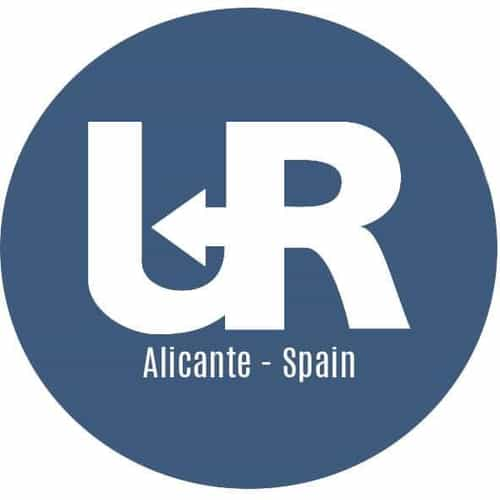
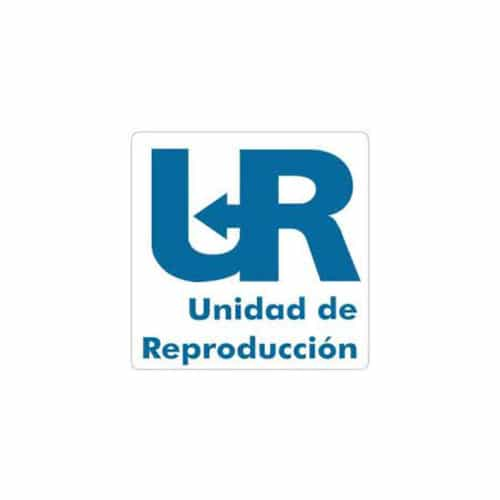
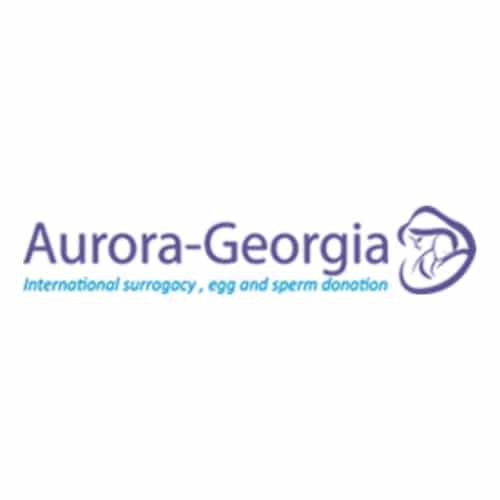
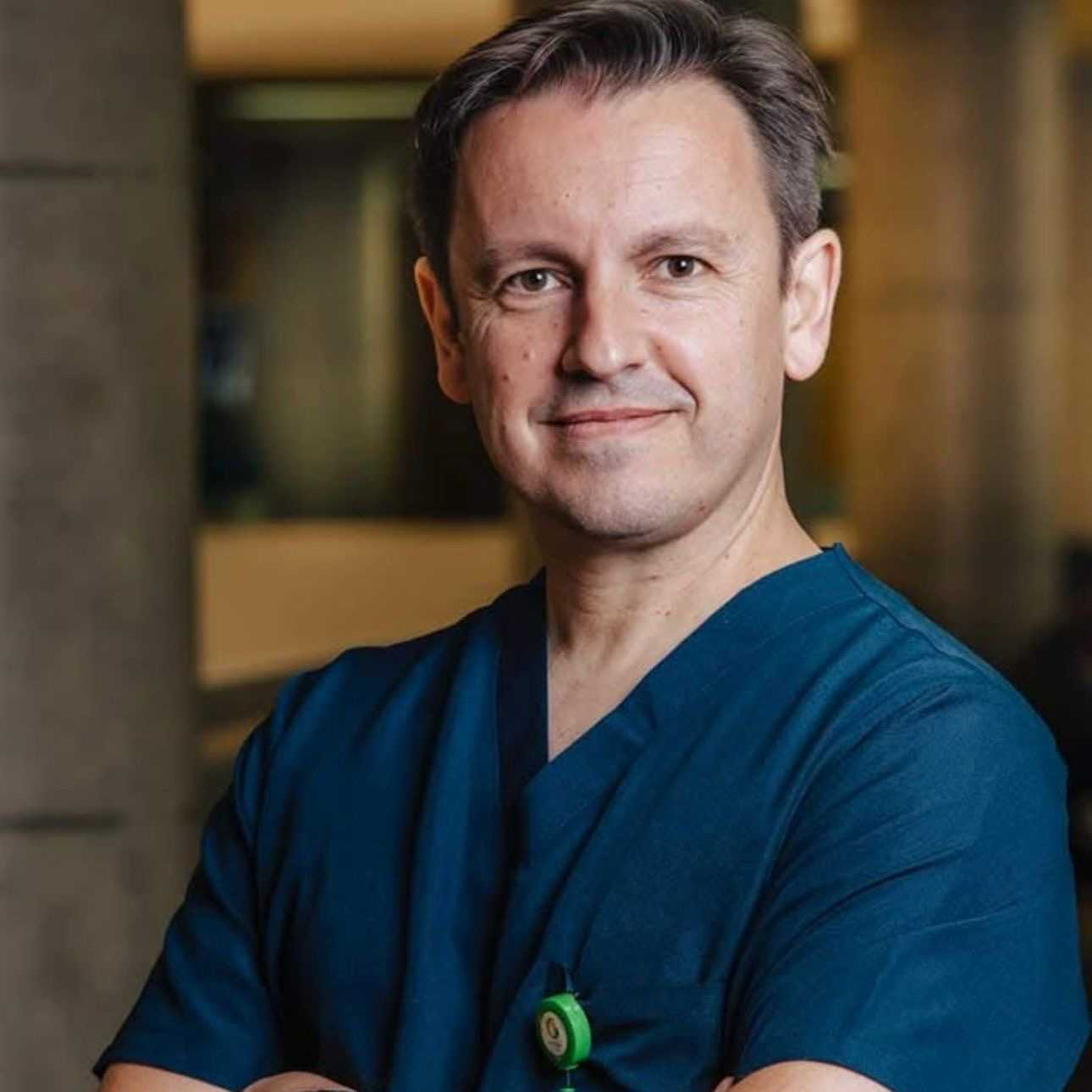
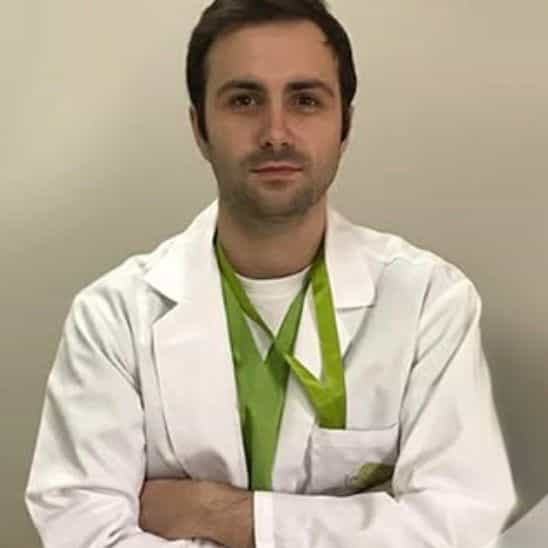
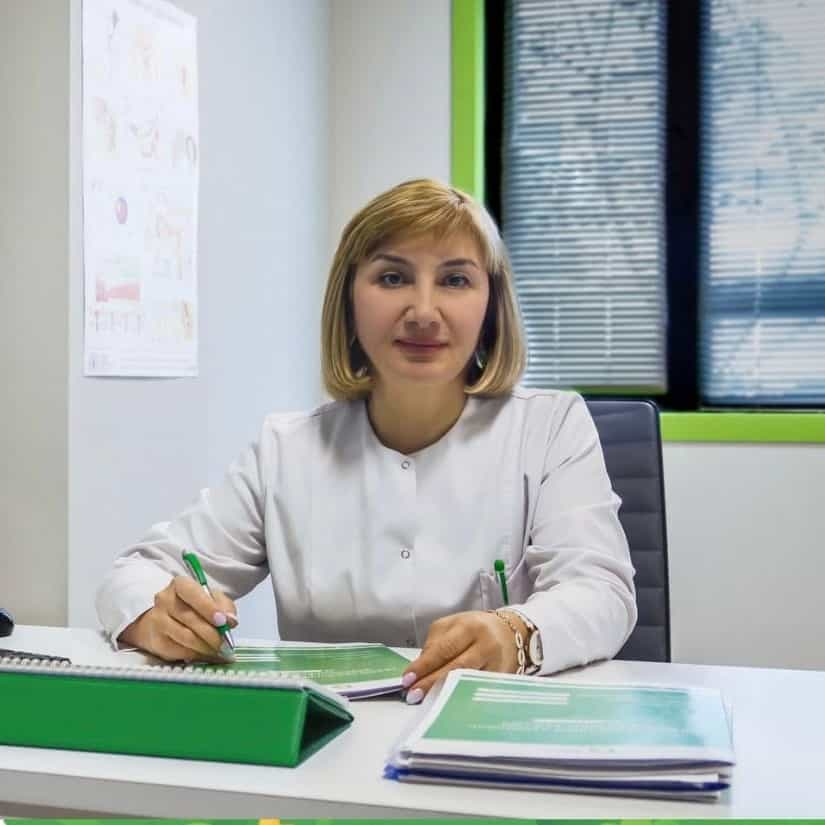
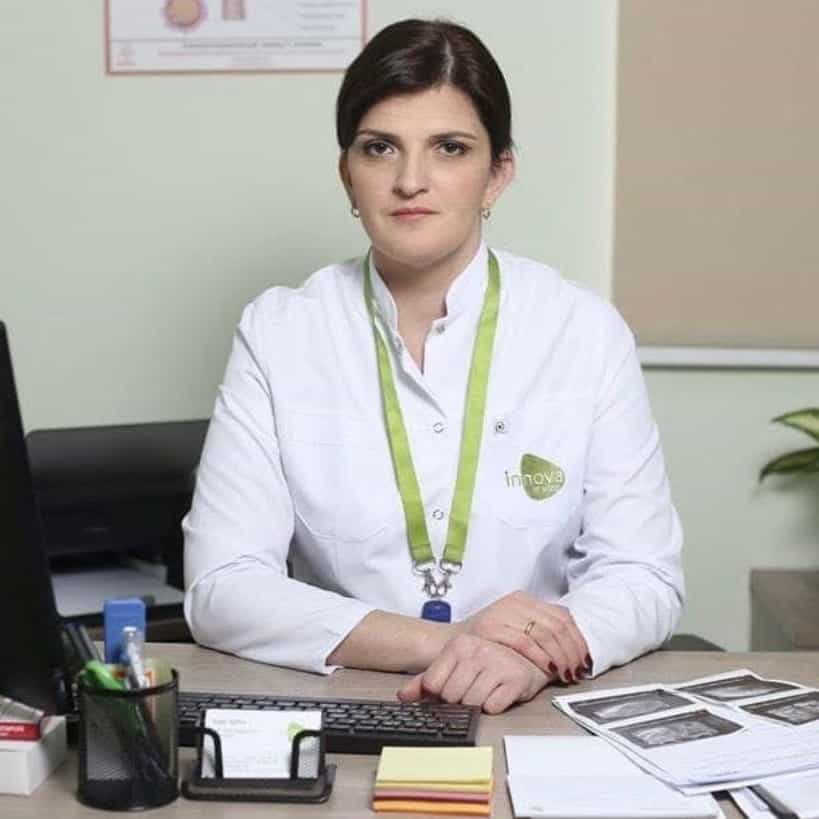
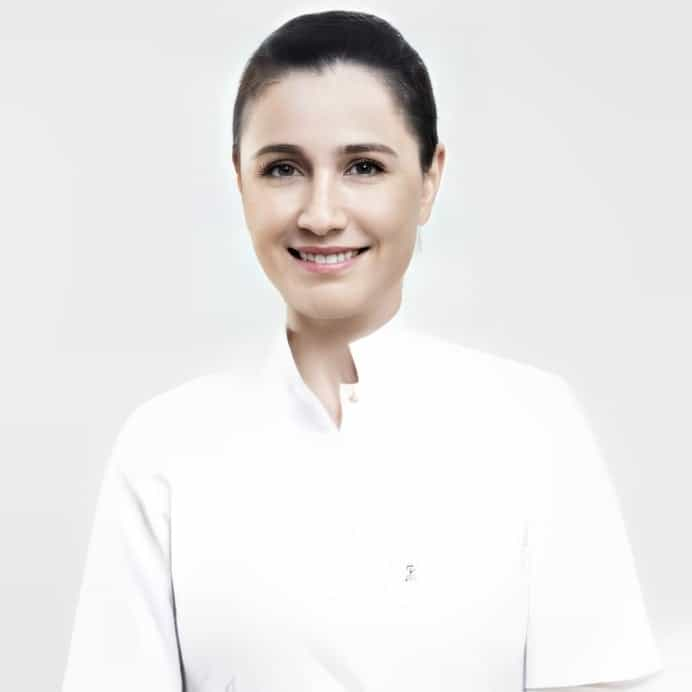
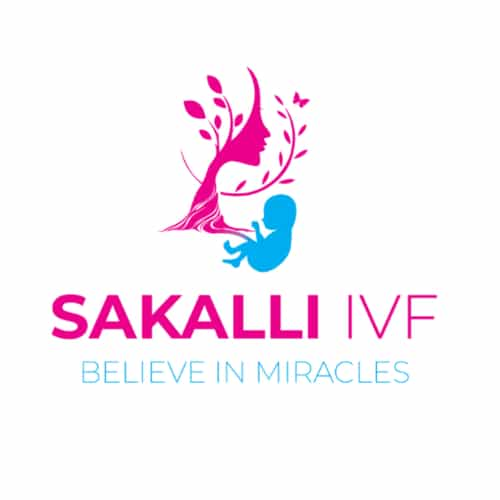
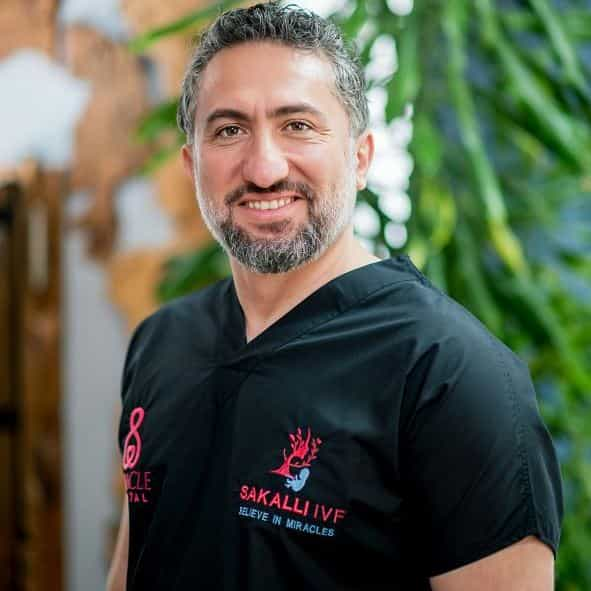




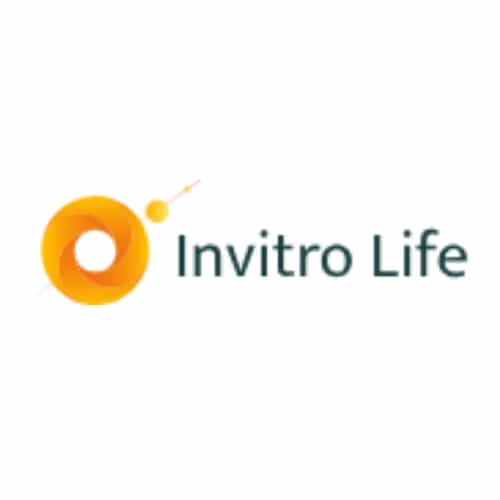
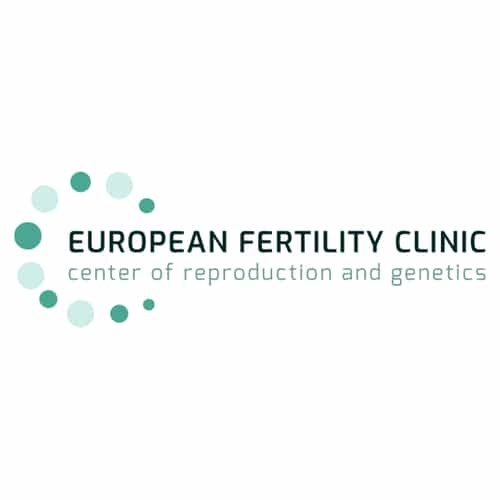

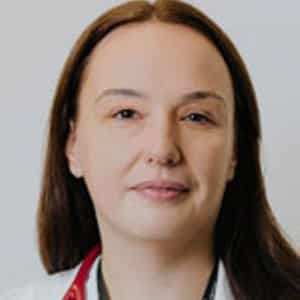
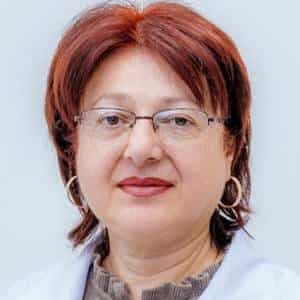
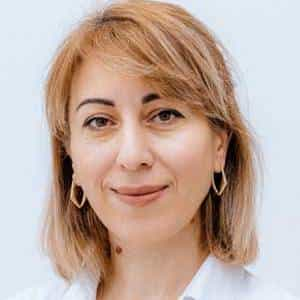
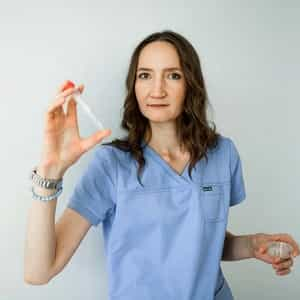

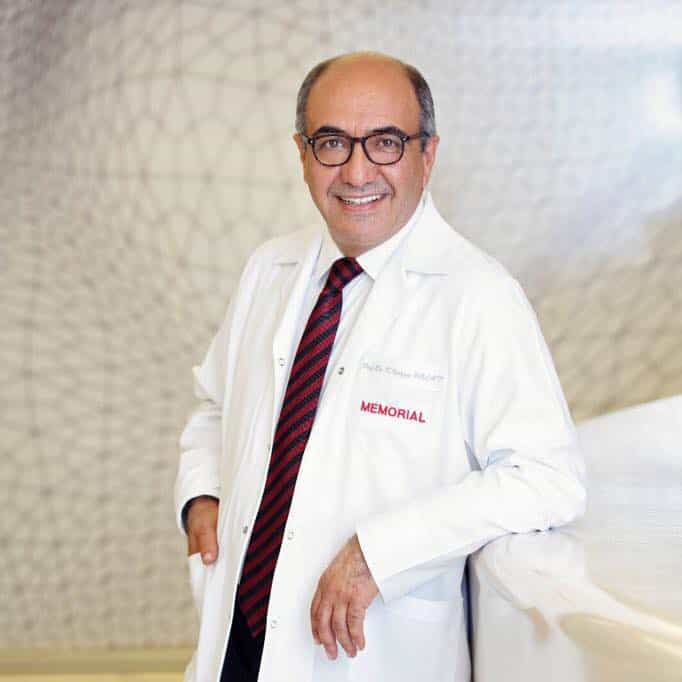
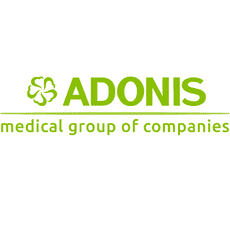
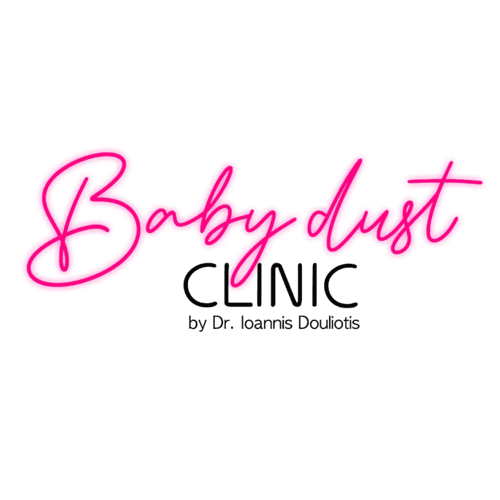

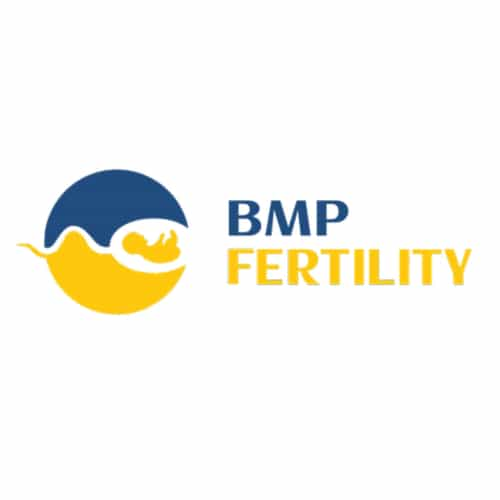
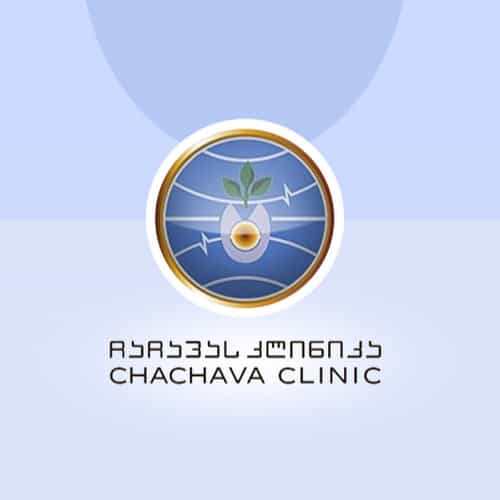
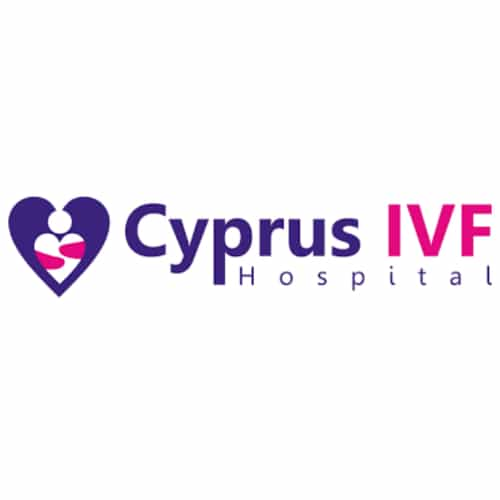
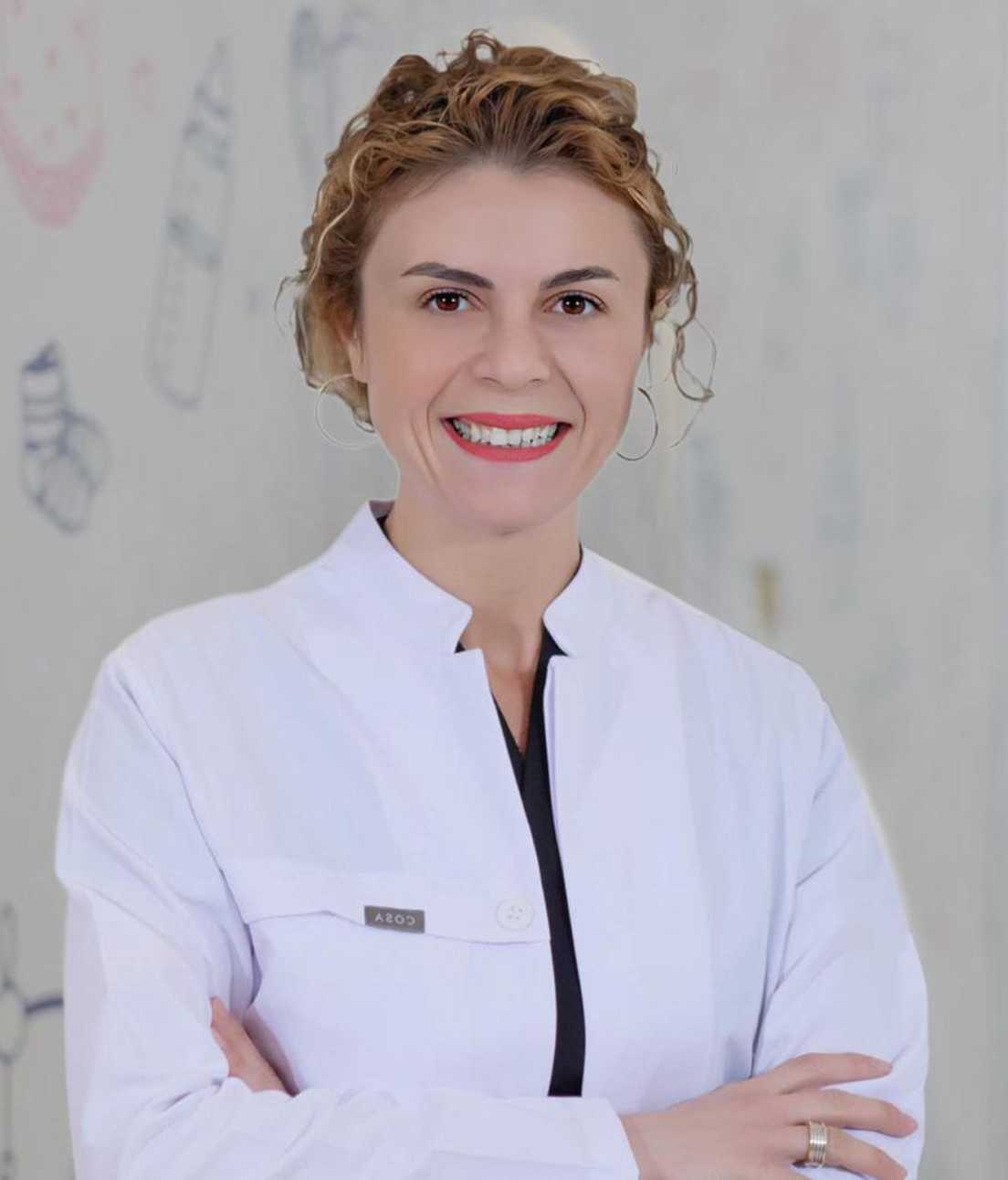
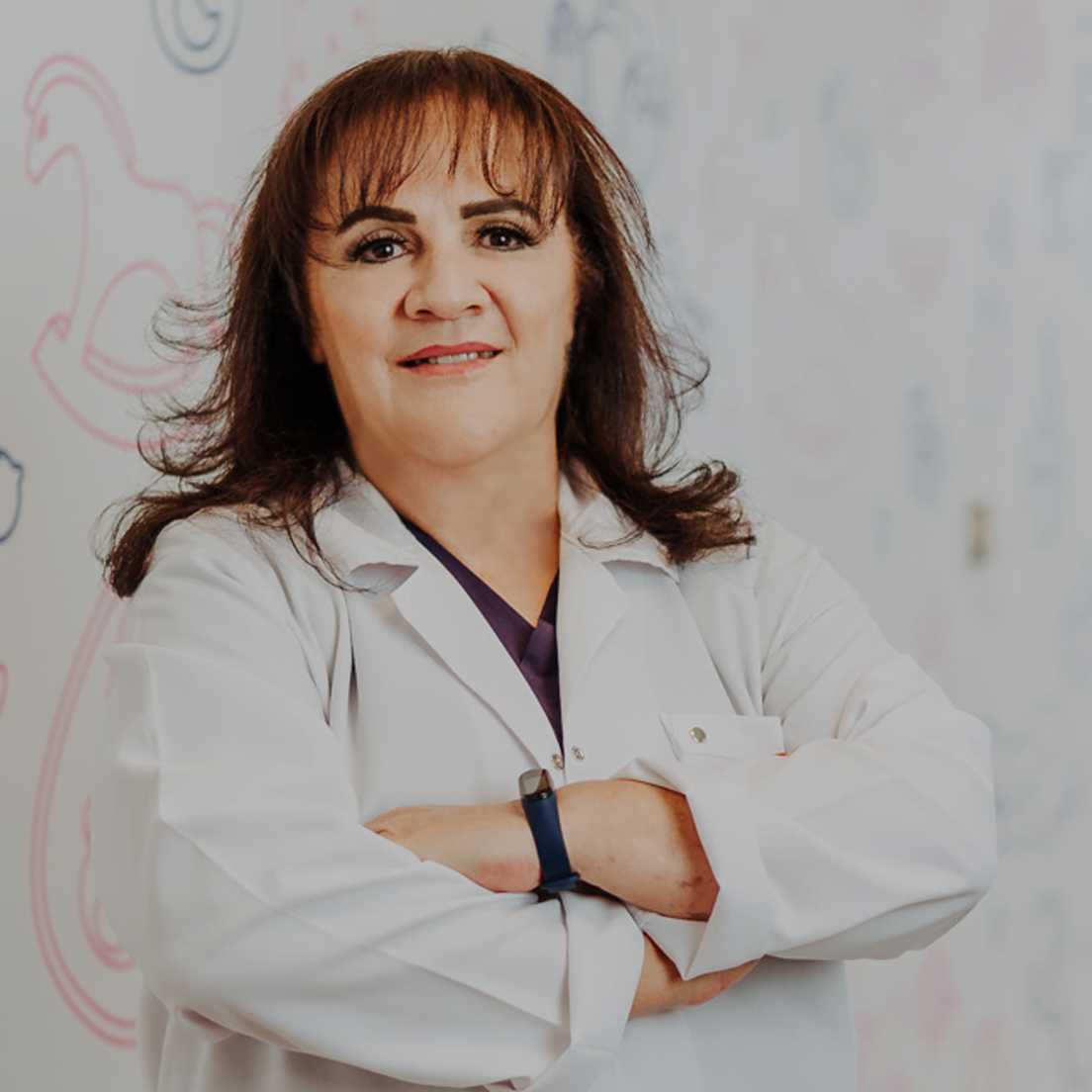
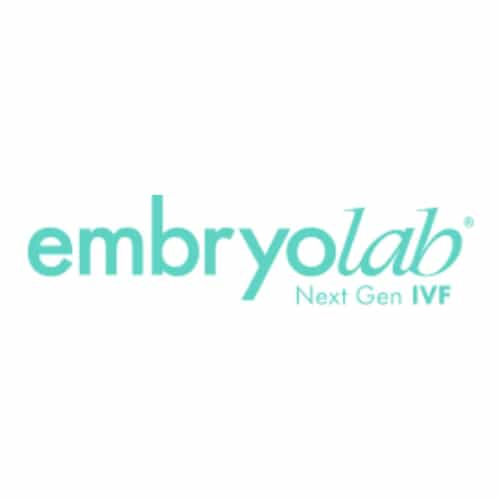

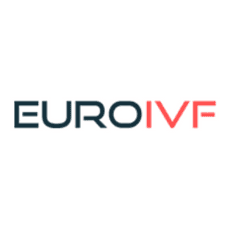
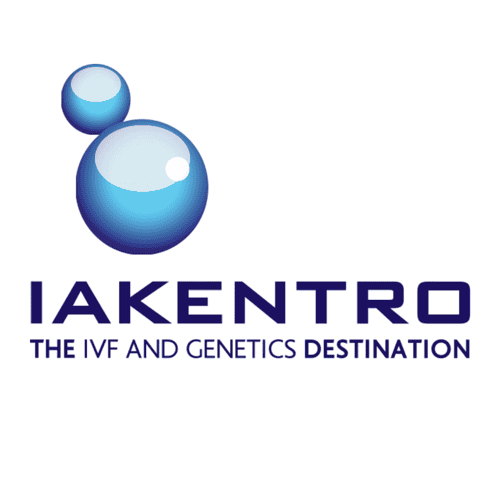
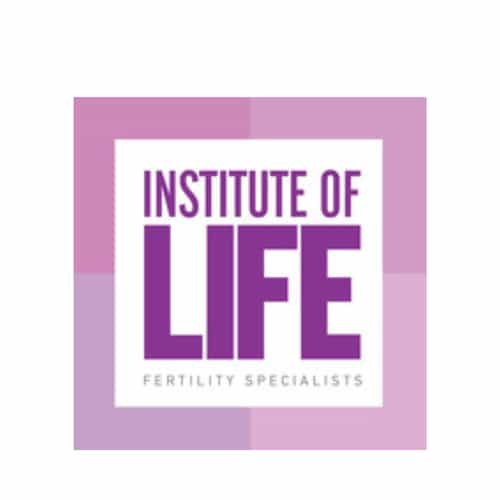

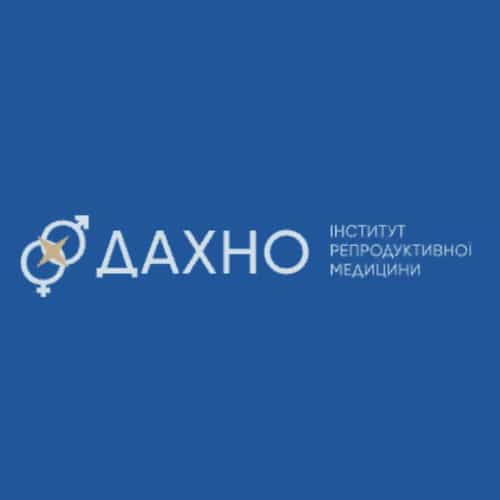


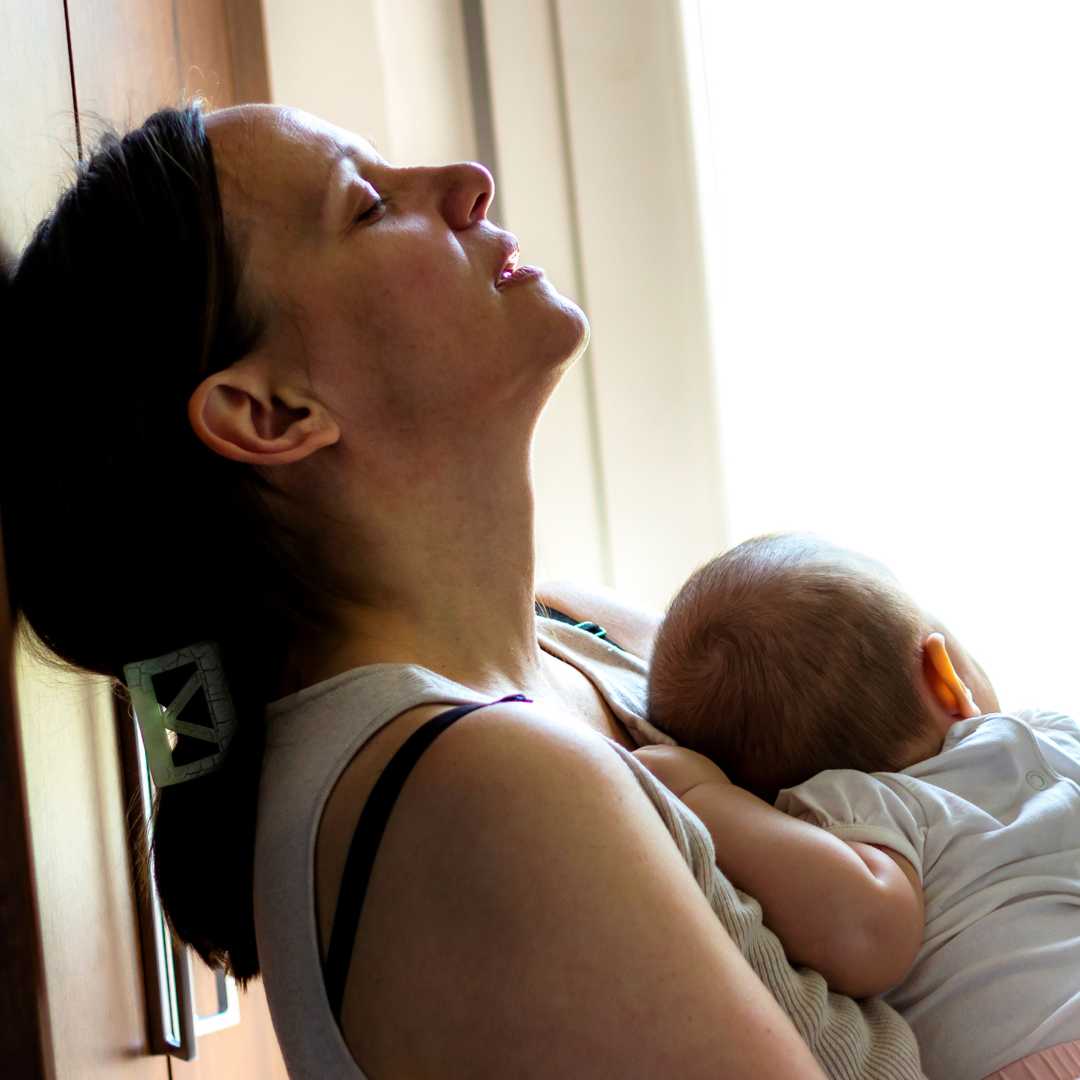
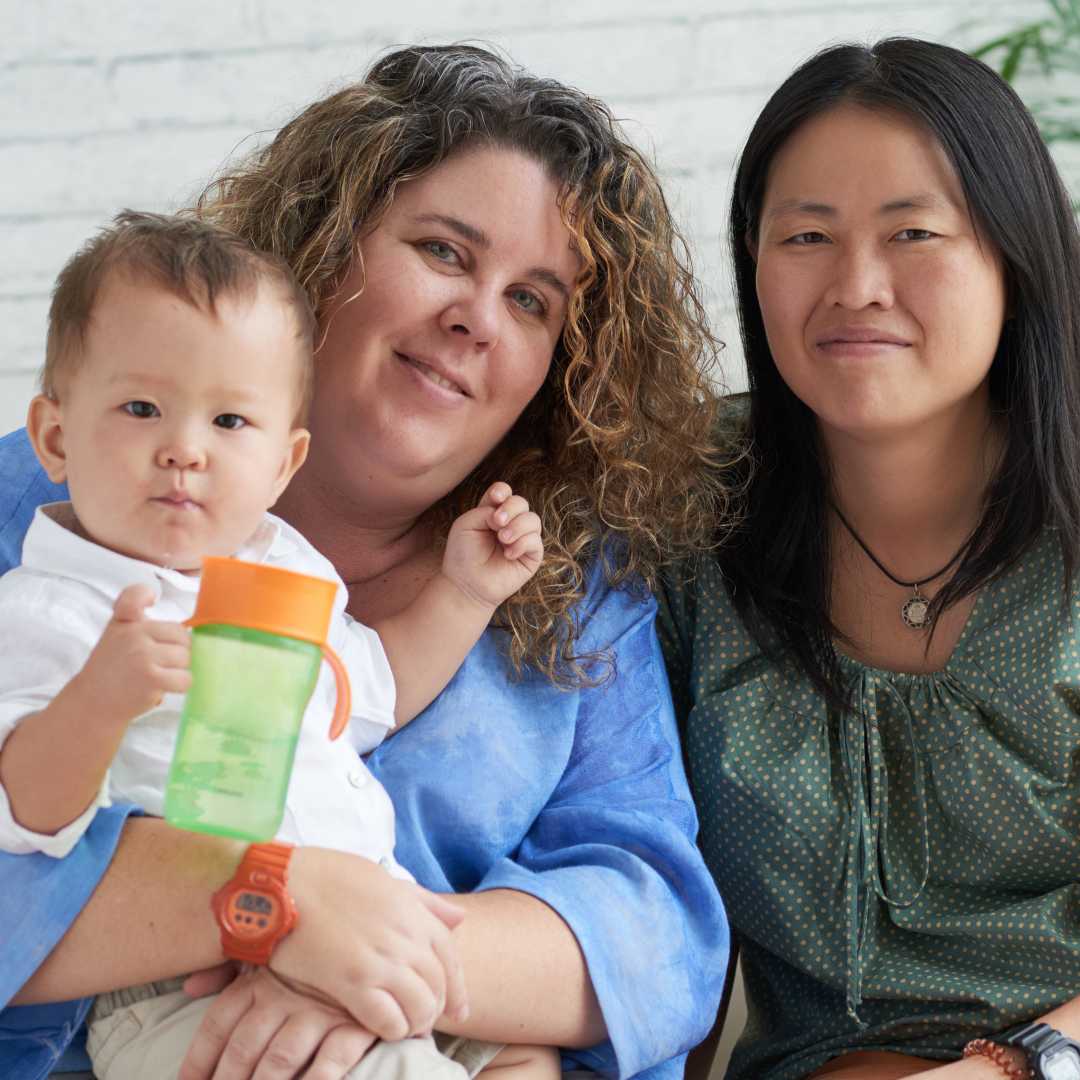

.png)

.png)

DO NOT USE THIS CLINIC. Feels like a complete scam. Terrible communication, really made so many mistakes and never rectified anything, complete disparity between number f follicles and eggs collected. After speaking with many other clinics the evidence suggests the terrible result through fault of the clinic. Would have been great to have had this discussion with a doctor after the egg collection but have been refused multiple times so haven't had any feedback or debrief despite begging to speak with someone for months. Absolute shambles, essentially robbed me of 8k. Please do not use this clinic, there are much much better alternatives. Everything from start to finish was appalling service, little to no communication and mistakes. If I could rate less than 0 I absolutely would.
Read More